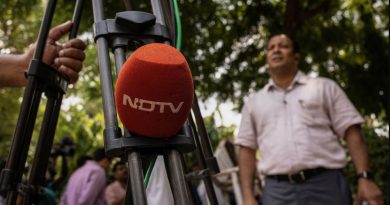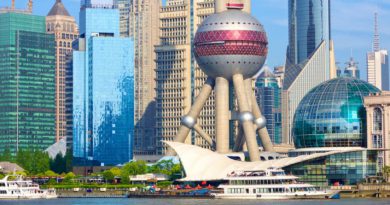OPINION: Uniting against Erdogan—Can Turkish Opposition win Presidential Election?
There are indications that the opposition is making progress and working to unify
Turkey is gearing up for an upcoming presidential election set for 2023, and Turkish President Recep Tayyip Erdogan will be seeking re-election in a bid to maintain his hold on power. Erdogan has been in power since 2003 as prime minister and later, as president, with little opposition facing him in recent years. However, with the country’s economy in turmoil and a waning popularity for the incumbent President, the opposition might have a chance to unseat him to take control of the government.
The question, however, remains: Can the opposition unite to defeat Erdogan in the upcoming presidential election?
The opposition in Turkey is divided and lacks a common front, with varying parties and factions jostling for power. In the past, this has been a significant disadvantage as the opposition has struggled to present a united front against Erdogan’s ruling party, the AKP. While the opposition was able to win a majority of seats in the 2018 parliamentary election by forming an alliance, it’s unclear whether they will be able to replicate that success in the presidential election.
One of the major challenges facing the opposition is the question of leadership. There are several prominent personalities in the opposition, such as Kemal Kilicdaroglu of the Republican People’s Party (CHP) and Meral Aksener of the Good Party (IYI). However, there is no clear leader to unite the opposition, create a common agenda, and rally support around it. This absence of conclusive leadership could be a significant obstacle to the opposition in the presidential election.
Another challenge facing the opposition is the question of ideology. The opposition is a diverse group of parties and factions, each with their own agenda and priorities. Some are more liberal and secular, while others are more conservative and nationalist. This ideology divide could make it challenging to present a united message to voters and could lead to internal conflicts and divisions.
Despite the challenges, there are signs that the opposition is making attempts to come together. In March 2021, the CHP and IYI announced the formation of an alliance for the upcoming local elections. It was seen as a step towards greater cooperation between opposition parties. However, whether this alliance can be sustained and whether it will be sufficient enough to defeat Erdogan in the presidential election remains to be seen.
In conclusion, the question of whether the opposition can unite to defeat Erdogan in the presidential election is a complex one. Despite the many challenges they are facing, there are indications that the opposition is making progress and working to unify. Ultimately, the success of the opposition will depend on their ability to put their differences aside, come together and present a unified vision to voters. If they can achieve this feat, they might have a chance to overthrow Erdogan’s regime and usher in a new era of Turkish politics.
Disclaimer: Views expressed by writers in this section are their own and do not reflect Milli Chronicle’s point-of-view.



